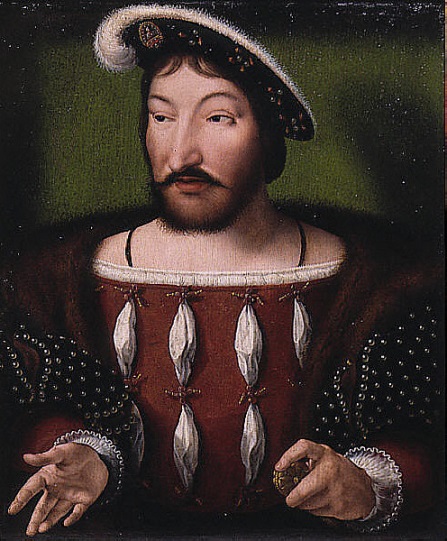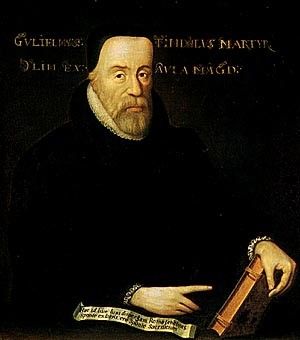Cromwell and the English Bible
Chapter 2 : Demand for an English Bible
The concern over the Lollard heresy had led to a repressive attitude in England to all translations of the Bible. In Europe, translations were appearing in the 1520s in countries that would remain within the Catholic fold, as well as those moving towards Lutheranism.The New Testament was published in French in 1523, and the whole Bible in 1530 by Lefevre, under the protection of Francois I and his sister, Marguerite, later Queen of Navarre; simultaneously, Luther’s translation of 1523 was an early best-seller in Germany. During the 1520s and 1530s translations appeared in Swiss, Dutch and Tuscan.

There was a growing demand for an English translation to enable the Word of God to be read by all. Supporters of the Bible in English during the 1520s were called “evangelicals”, they were not necessarily Lutherans, and many who supported a more Biblically based faith never left the Catholic Church. However, there was one man whose desire for an English translation was only part of his wider conversion to the more personal faith espoused by the Reformers – William Tyndale.
Tyndale, a notable scholar and linguist, hoped to make a full English translation from the original Greek and Hebrew. He approached Cuthbert Tunstall, Bishop of London, in 1523 for a licence. Tunstall, although he was himself a scholar and a collaborator with Erasmus, felt that Tyndale was too radical and refused to be involved with his plans.

Tyndale left for the Low Countries, and began translating part of the New Testament in 1524. A second, full, translation followed in 1526, printed in Worms. Copies of Tyndale’s work were smuggled into England, in bales of cloth, at 9d per set of octavo sheets.There had been no softening on the position that possession of unlicensed English Bibles was punishable by death. However, the growth of the printing press meant that the sheer quantity of volumes that could be brought it rendered its dissemination unstoppable.
Bishop Tunstall, in an ill-considered act, burnt Tyndale’s works after condemning them as heretical at St Paul’s Cathedral.The sight of Bibles being burnt made many uneasy, even those who were not inclined towards Tyndale’s Lutheran views, which supported Justification by Faith alone and undermined the Catholic belief in prayers for the dead.


